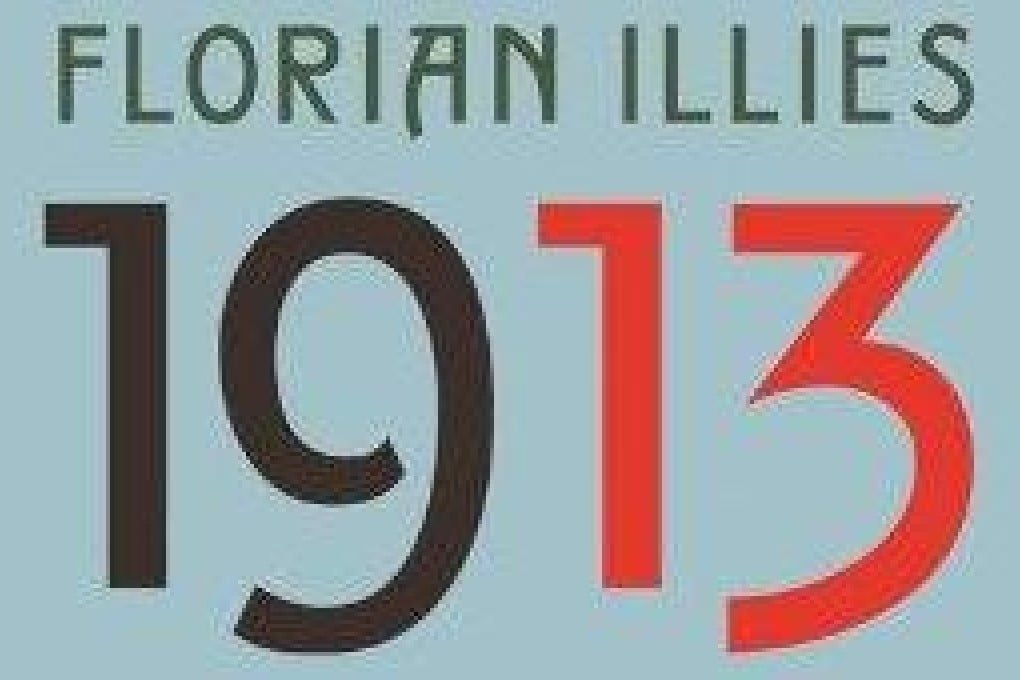Book review: 1913: The Year Before the Storm
Can you write a history of the year 1913 and ignore the disaster waiting around the corner? With the centenary of the first world war approaching that may sound perverse, yet it is precisely what journalist Florian Illies tries to do in his new book, which was a bestseller in Germany when it was published there last year.


by Florian Illies (translated by Shaun Whiteside)
Clerkenwell
4 stars
Can you write a history of the year 1913 and ignore the disaster waiting around the corner? With the centenary of the first world war approaching that may sound perverse, yet it is precisely what journalist Florian Illies tries to do in his new book, which was a bestseller in Germany when it was published there last year.
Illies tells the story of that year through a series of snapshots from the lives of artists, scientists, inventors and politicians, relayed with a novelist's eye for detail and a live blogger's sense of urgency. He also tries to write the teleology out of early 20th-century history. There's more on Kaiser Wilhelm's passion for stag hunting than on the consequences of the Reichstag bill to increase military spending. Nothing about Italy's imperial extension into Libya; a few sentences only on the second Balkan war. Illies writes that "Austro-Hungary doesn't have a chance against the attack from the French". But he's writing about tennis: Frenchman Max Decugis beats Austrian Ludwig Salm in three sets in the final of a Madrid tournament that April.
Far from teetering on the edge of the abyss, the generation of 1913 looks surprisingly carefree. A few broodier minds are already thinking about war, but Illies is keen to expose their vanity. Thomas Mann spends most of the year chewing over a devastating review of his first play and obsessing about whether he got ripped off for the new rug in his study.
Oswald Spengler, author of , pops up repeatedly only to be exposed as a fatalist who confuses his own hang-ups about women with a wider crisis in European civilisation.
Illies gives plenty of space to the chance encounters of Europe's cultural elite: Sigmund Freud, Hugo von Hofmannsthal and Rainer Maria Rilke bumping into each other in Munich's Englischer Garten, James Joyce giving English lessons to Italo Svevo in Trieste.
